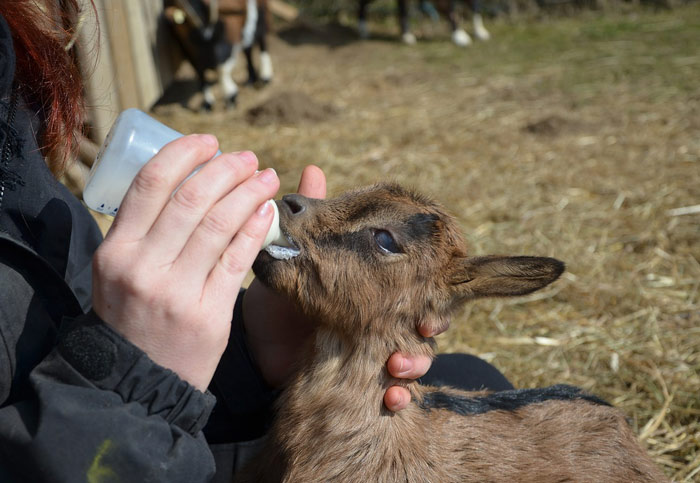6 Steps to Raising a Kind Child
All parents want their children to grow up a little better than themselves. Here are 6 tips from Harvard scientists, telling us how to bring up a really good, responsible and responsive child.

1. Teach your child to control emotions
Anger, sadness, and frustration can make both children and adults lose their temper. But we can give our children a few lessons on how to deal with these emotions not to lose their nerve cells. When the child is calm, demonstrate this simple technique: inhale deeply with a nose, exhale through the mouth and count to 5. If you see that your child is agitated, remind him/her about these three steps and practice them together.
2. Remind about the responsibility for the actions
Mom and dad are the main role models and the people whom the child tends to resemble. Tell the child about morality, mutual help, the outer world and environmental issues and explain what it means to be responsible for your actions. Most importantly, do not forget to illustrate your words with your own example and encourage all the good deeds that you want your child to perform.
3. Teach your child to empathize and help the weak
It is very important for the child to empathize not only with the family and friends but also with everyone else who needs support. Ask the child to imagine how he/she would feel, being a newcomer in the class. Speak about more global issues: what can be done for the children who do not have food? For the homeless and dispossessed? Promote the development of social responsibility and allow the child to take appropriate measures.
4. Teach your child to be grateful
Let your child never hesitate to say kind words to express gratitude or appreciation. Start small: for example, offer the child to hug the grandmother and thank her for a delicious meal, remind him/her to say “thank you”, to help with the housework and to thank the mother for what she does about the house. By the way, studies show that people who are not shy to express their gratitude are happier and healthier than the rest.
5. Teach ethical behavior and establish your own family values
Most parents are very sensitive to the success of children in school or in sports. Why not pay attention to the kid’s ethical behavior? Define family values and observe that the child’s words and actions correspond to these values. Does he/she behave respectfully? Does he/she stick to promises? Does the child treat peers well and how does he/she treat those who have been unjustly hurt? Do not forget whose behavior the child mirrors and whose example he/she follows.
6. Spend more time together
If all your communication with the child is limited to conversations about discipline, you will not be the best teacher. Try to build a relationship of trust: often talk and play, spend time together, get out somewhere and, of course, do not forget to show your child how much you love him/her. Then your baby will grow a kind and sincere person, well aware of what love and respect mean, and will be able to share these feelings with others.
